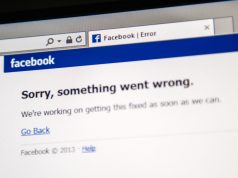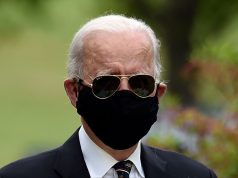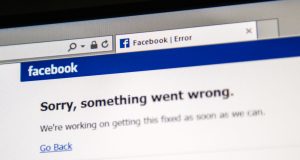If we could look like anyone, Emily Ratajkowski would probably be at the top of our list. She could wear a garbage bag and she’d still look flawless, sexy and gorgeous. Until now we’ve only seen the modelling and acting side of Ratajkowski, but the model has written an intimate reflective piece on Lenny, revealing how she has grappled with her sexuality and her place in society as a teenager and as an adult.
The letter begins with her childhood experience and how her father affectionately called her “baby woman” because of her D-cup breasts, even at 12-years-old. She then goes on to give insight on how the people around her — family, friends, teachers and relatives — treated her and how they shaped her perception of sexuality.
In eighth grade, a vice principal snapped my bra strap in front of an entire room of my classmates and other teachers. She did it because the strap was falling out from my tank top and that broke the school’s dress code. When I was 13, a close family member came to see my performance in a play. I remember feeling pretty — tanned, wearing lip gloss and a red button-up ribbed top over my bra and a mod-style zip-up miniskirt from Forever 21. Our family member sobbed to my mother and me at dinner after; she was worried for me, worried about the looks I got from men, because I was wearing what I was wearing. I needed to protect myself, she explained.
When I was 15, the adults in my life were concerned by my modeling at such a young age. They’d heard the horror stories of creepy middle-aged men taking advantage of young women, or agents pressuring girls to lose weight. Surprisingly enough, dealing with the world outside the industry was the toughest part of my adolescence and young adulthood.
It’s a brave letter, and probably rings true for a lot of women out there, even men. Almost all of us, at some point, have experienced someone close to us attempting to be “protective”, but inadvertently attacking our right to be in control of our sexuality.
It’s encouraging to see a woman, who is almost always seen as a sexual, in fact in control of that image, rather than exploited by it.
I refuse to live in this world of shame and silent apologies. Life cannot be dictated by the perceptions of others, and I wish the world had made it clear to me that people’s reactions to my sexuality were not my problems, they were theirs.
These are the real blurred lines.
You can read the full letter here.










